Artificial Intelligence, commonly referred to as AI, has come a long way in recent years. From Siri and Alexa to self-driving cars and autonomous robots, AI is impacting every aspect of our lives.
In our personal lives, AI has made it easier for us to access information and complete tasks. Virtual personal assistants such as Siri and Alexa can provide us with information, play music, and even control our smart homes. Meanwhile, AI-powered recommendation systems make it easier for us to discover new movies, music and products that we might like.
In the professional world, AI is having a profound impact as well. From healthcare to finance, AI is being used to automate and streamline processes, freeing up time for more important tasks. For instance, AI-powered chatbots can handle customer service inquiries, while AI algorithms are being used to diagnose diseases and develop new drugs.
The future of AI looks even more exciting. As the technology advances, it has the potential to transform entire industries and create new ones. For instance, the rise of autonomous vehicles could change the way we commute, while AI-powered robots could revolutionize manufacturing and other industries.
However, with great power comes great responsibility. As AI becomes more integrated into our lives, it is important to consider its potential consequences. For example, AI could lead to job loss and income inequality if not used responsibly. It is also crucial to consider the ethical implications of AI and to ensure that it is developed and used in a responsible manner.
AI is having a significant impact on our lives and will continue to do so in the future. From making our lives easier to transforming entire industries, AI has the potential to change the world in ways we can only imagine. It is important that we approach AI with caution and consider its potential consequences, so that we can build a future that is safe, fair and beneficial for all.Top of Form Bottom of Form
